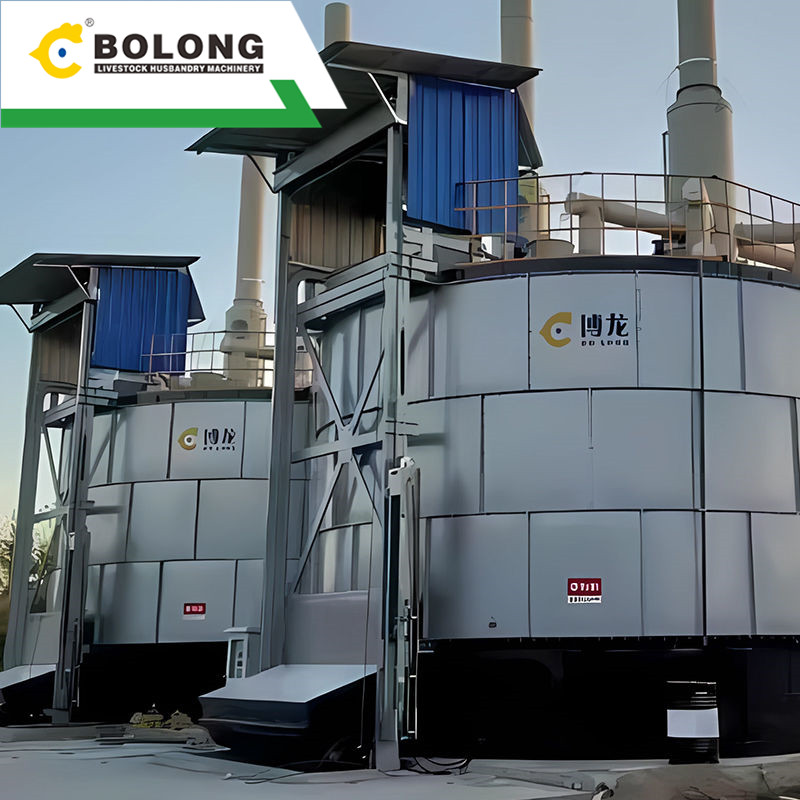
Fermenters: History, Functions and Construction
ADVERTISEMENTS: In this article we will discuss about:- 1. History and Design of Fermenters 2. Basic Functions of Fermenters 3. Types 4. Construction 5. Design and Operation 6. Aseptic Operation and Containment 7. Batch Fermentation 8. Fed-Batch Fermentation 9. Continuous Fermentation 10. Scale-Up of Fermentations. History and Design of Fermenters: De Becze and Liebmann (1944) []
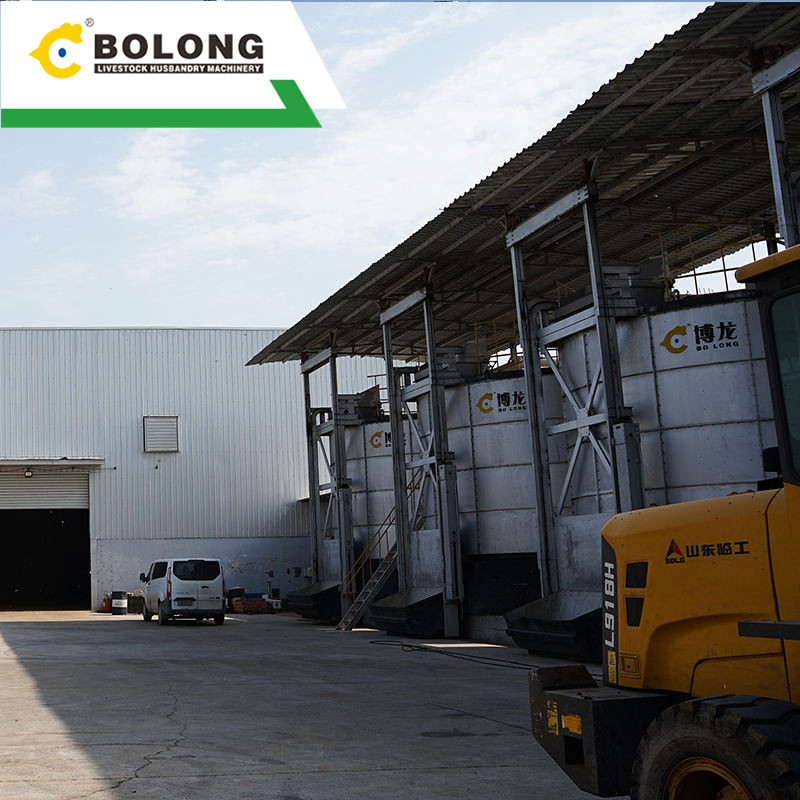
8.4 Fermentation - Microbiology | OpenStax
Organisms carrying out fermentation, called fermenters, produce a maximum of two ATP molecules per glucose during glycolysis. Table 8.2 compares the final electron acceptors and of ATP synthesis in aerobic respiration, anaerobic respiration, and fermentation.
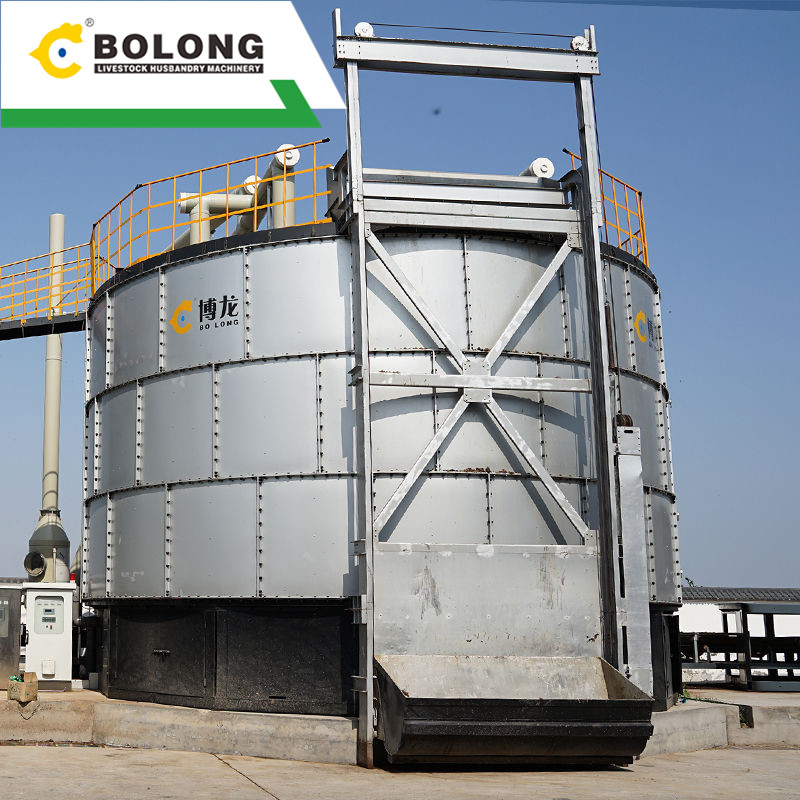
FERMENTATION, TYPES OF FERMENTERS, DESIGN & USES OF
Feb 1, 2022 · Industrial fermentation process comprises of biological c hemical & physical aspect of fermentation. It begins with suitable microorganisms, requirement of sterilit y, cellular reaction and
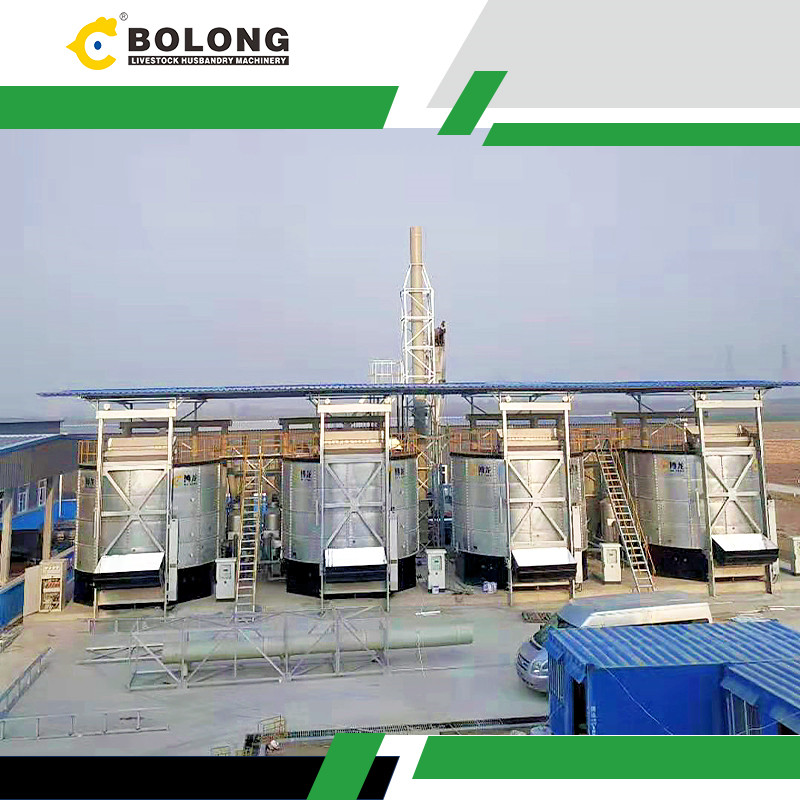
FUNDAMENTALS OF FERMENTER DESIGN Departrnent of Chernical
the products of fermentation were inhibitory, or because expectcd shelf life of thc product was short. This applied to the fermentation processes involved in the manufacture of winc, beer, chcese, yoghurt, vinegar, sauer kraut and so on. Even with these products the transition from domestic art

Engineering of a Highly Efficient Escherichia coli Strain for
ABSTRACT Chromosomal integration of heterologous metabolic pathways is optimal for industrially relevant fermentation, as plasmid-based fermentation causes extra metabolic burden and genetic instabilities. In this work, chromosomal integration was

Fermentation Technology – Environmental Microbiology
2.Fermentation Process. 3.Fermentation techniques. 4.Application of Fermentation Technology 4.1 Beer production process. 4.2 Production of Xanthan gum 5.Advantages of Fermentation. 6.Disadvantages of fermentation . 1. Introduction. Fermentation word is derived from Latin verb “fervere” which means to boil.
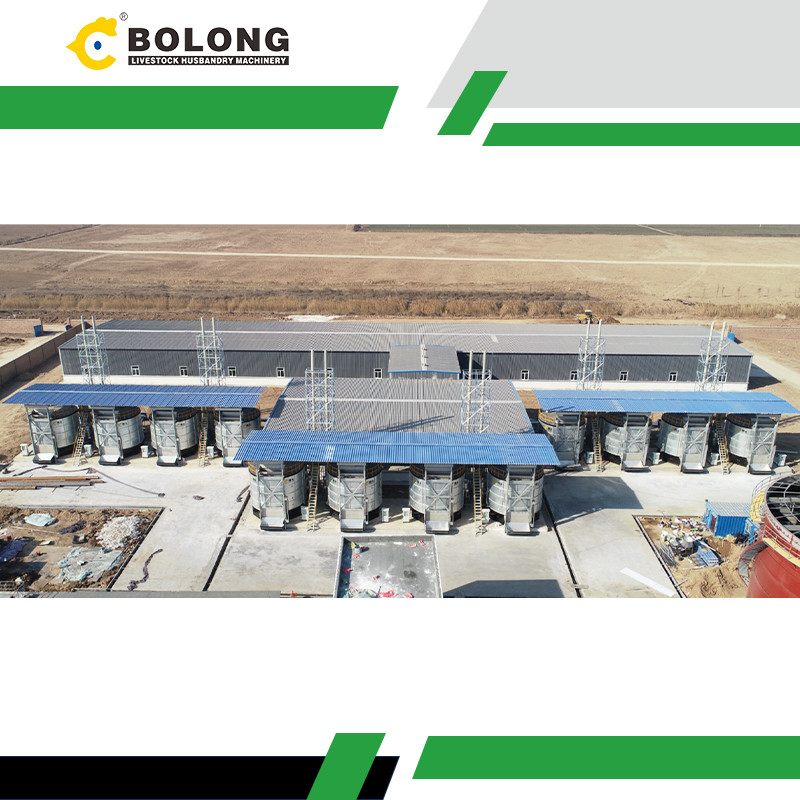
Measures to improve wine malolactic fermentation | Applied
Jan 16, 2019 · This review focuses on the considerable amount of research that has been directed towards the improvement of efficiency and reliability of malolactic fermentation (MLF), which is important in winemaking. From this large body of work, it is clear that reliable MLF is essential for process efficiency and prevention of spoilage in the final product. Impediments to successful MLF in wine, the
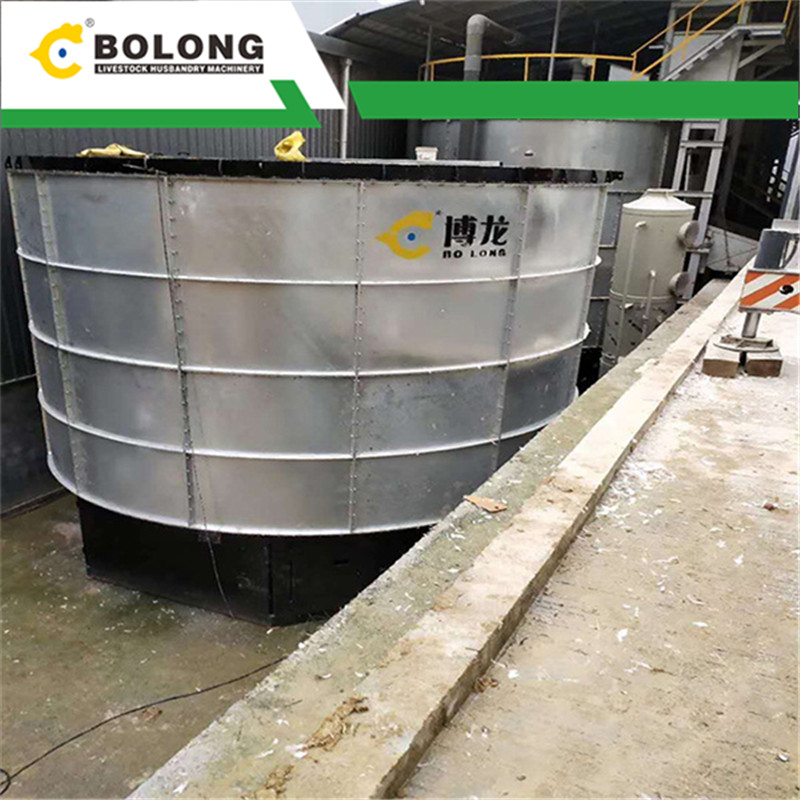
Applying multiple approaches to deepen understanding of
Nov 1, 2020 · Large-scale fermentation involves complex biological, physical, and chemical processes and requires knowledge in many subject areas such as microbiology, microbial physiology, multi-phase fluid flow, and mixing.
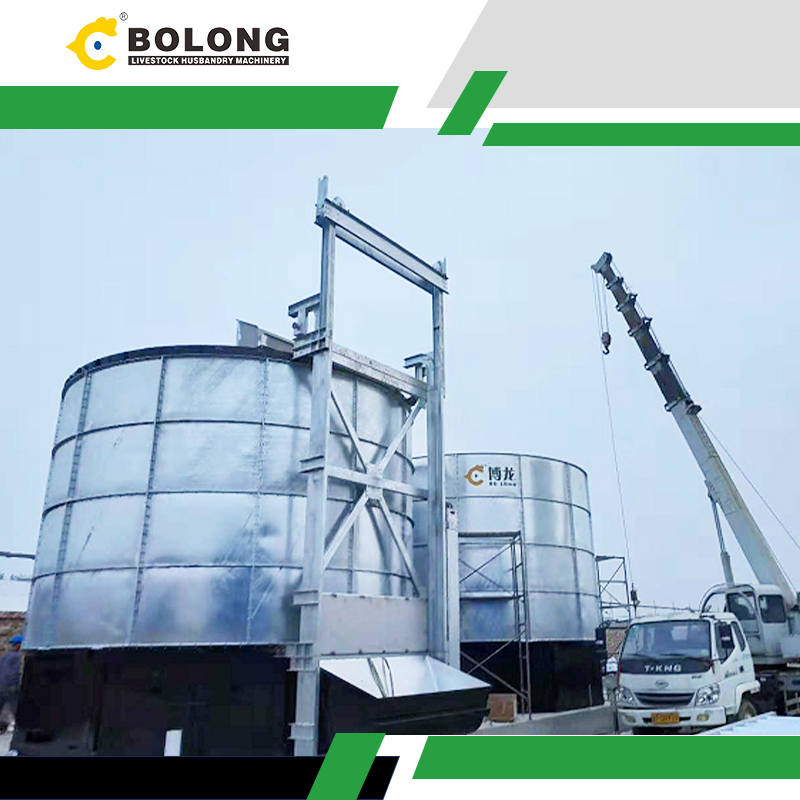
What is Fermentor? Definition, History, Properties, Design
A Fermentor is a device used to accomplish the fermentation process by using microorganisms, and for this reason, it is also called “Biofermentor or Bioreactor“.It is equipped with all the elements that are necessary to carry out the commercial production of substances like antibiotics, enzymes, beverages etc. in many industries.

Fermenter Design | SpringerLink
Mar 8, 2022 · Fermenter design affects fermentation rate ; many factors such as fermenter size, vessel form, agitation, aeration, baffles, and so on all play a role in output. Various for increasing efficiency, as well as various controlling probes, have been developed to improve productivity.

Bioreactor: Design, Principle, Parts, Types, Uses, Diagram
May 23, 2024 · A bioreactor is a type of fermentation vessel that is used for the production of various chemicals and biological reactions. It is a closed container with adequate arrangement for aeration, agitation, temperature and pH control, and drain or overflow vent to remove the waste biomass of cultured microorganisms along with their products.

Efficient Homolactic Fermentation byKluyveromyces lactis
Dec 1, 2001 · Temperature and stirring were kept at 30°C and 400 rpm, respectively. During the fermentation processes, air was fed at 0.8 liter min −1, and glucose was added to a concentration of 4.5% ± 5% (wt/vol). In the fermentation tests, the pH was maintained at 4.5 by the automatic addition of 2 M KOH.

Frontiers | Strategies for Fermentation Medium Optimization
Jan 5, 2017 · For designing a production medium, the most suitable fermentation conditions (e.g., pH, temperature, agitation speed, etc.) and the appropriate medium components (e.g., carbon, nitrogen, etc.) must be identified and optimized accordingly.
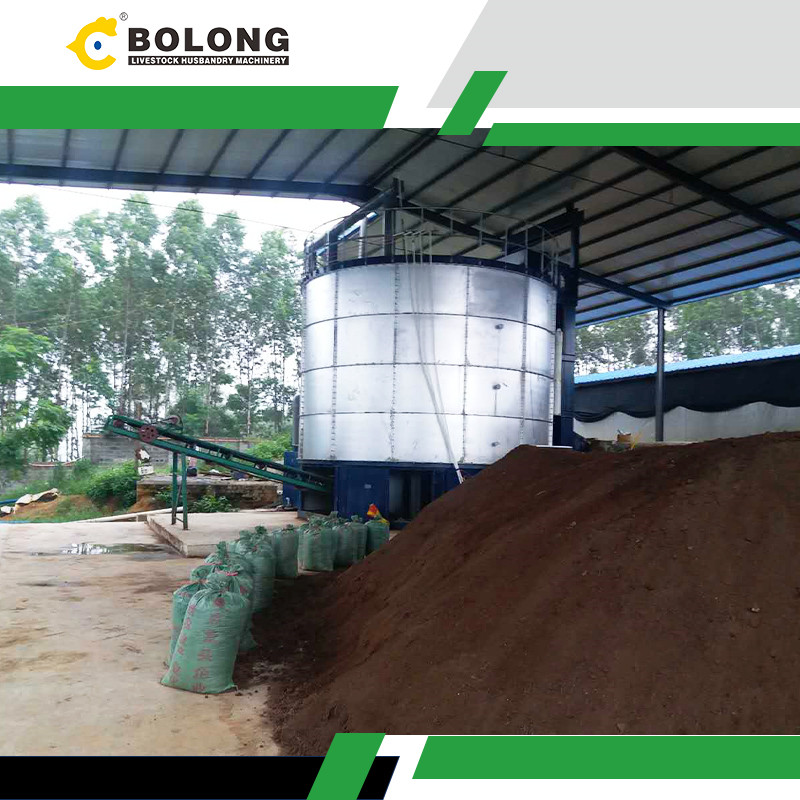
Microbial Bioreactors & Fermenters | Sartorius
The Biostat STR ® Microbial, a single-use (SU) fermenter engineered for microbial applications, combines the advantages of SU with the performance of stainless-steel. It allows fast batch-to-batch turnover for high productivity and has a compact footprint.

Modern Solid State Fermentation: Theory and Practice
In addition, due to the rapid development of this field in recent years, inert support solid state fermentation is also examined in detail. At last, the modern solid state fermentation technology platform is proposed, which will be used in solid biomass bioconversion.